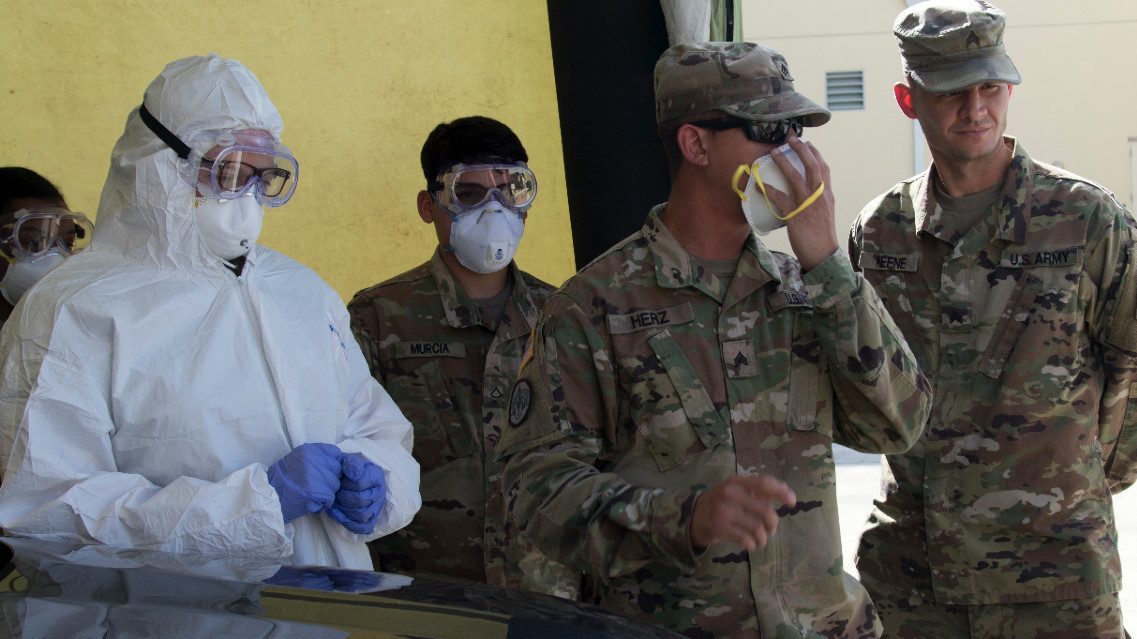The Effects of COVID-19 on US Defense Strategy and Posture in the Middle East
Date and time: April 27, 2 to 3 pm Eastern Daylight Time
Register here.
COVID-19 has ravaged societies and governments around the world. Militaries have been hit hard, too. In the United States, the military has had to balance between supporting the civilian authorities in their efforts to provide medical supplies, defending the nation from external dangers, and protecting US strategic interests abroad, all while ensuring that they are taking all appropriate precautions to protect the health of service personnel and their families. Even for the most powerful and resourceful military force on the planet, this is an incredibly difficult balancing act. In the Middle East, where the United States has a large military footprint, readiness seems uncertain with resources getting diverted, training exercises getting canceled, and soldiers getting sick.
Give the gift of hope
We practice what we preach:
accurate, fearless journalism. But we can't do it alone.
- On the ground in Gaza, Syria, Israel, Egypt, Pakistan, and more
- Our program trained more than 100 journalists
- Calling out fake news and reporting real facts
- On the ground in Gaza, Syria, Israel, Egypt, Pakistan, and more
- Our program trained more than 100 journalists
- Calling out fake news and reporting real facts
Join us.
Support The Media Line. Save democracy.
How has COVID-19 affected US defense strategy and posture in the region? What are the implications for Washington’s plans in Iraq and against Iran and the Islamic State? The Middle East Institute is proud to present a panel of experts to address these questions and more.
Speaker biographies:
Mara Karlin: Director of strategic studies, Johns Hopkins School of Advanced International Studies; nonresident senior fellow, The Brookings Institution
Michael Patrick Mulroy: Senior fellow for national security and defense policy, Middle East Institute; co-founder, Lobo Institute
General (ret.) Joseph L. Votel: Distinguished senior fellow on national security, Middle East Institute; president and CEO, Business Executives for National Security
Bilal Saab, moderator: Senior fellow and director, Defense and Security Program, Middle East Institute



